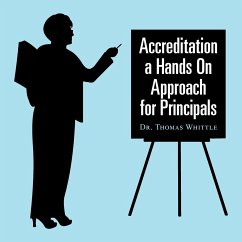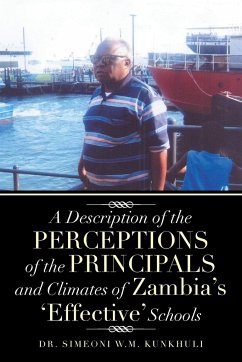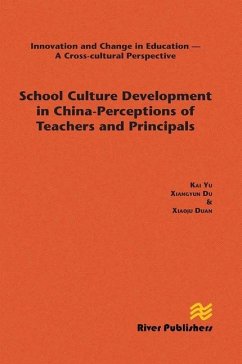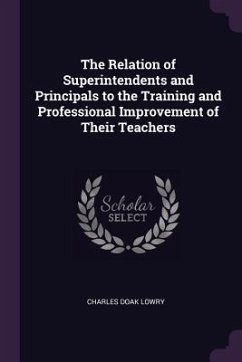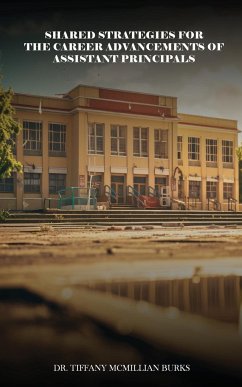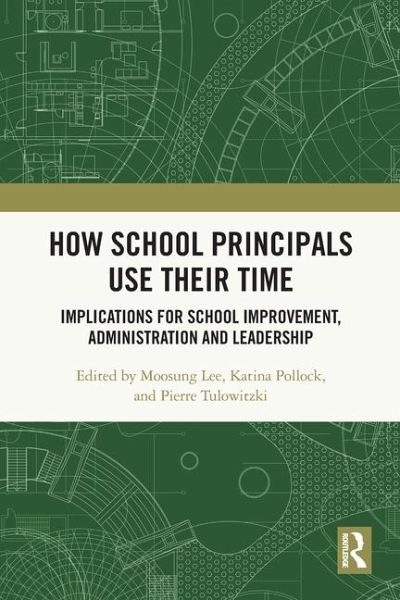
How School Principals Use Their Time
Implications for School Improvement, Administration and Leadership
Herausgeber: Lee, Moosung; Tulowitzki, Pierre; Pollock, Katina

PAYBACK Punkte
27 °P sammeln!
Presenting international evidence, from school systems across the globe, this book documents patterns, causes, and effects of school principals' time use, building a case for the implications for school improvement, administration, and leadership.










